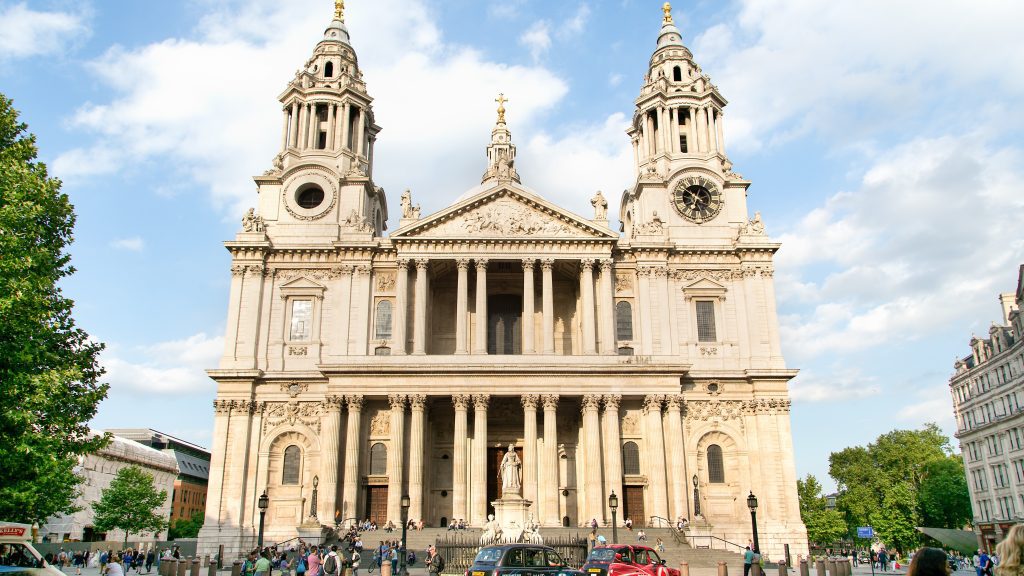A change in the law, coming into effect possibly later in 2019, will alter the procedure for obtaining a marriage certificate for weddings in the Anglican Church. In future, couples will only obtain a marriage document at the time of the wedding with the marriage certificate being provided subsequently by the local Superintendent Registrar.
The wedding ceremony is almost over. The bride has walked down the aisle. The veil has been lifted and the tears have started. The critique of the wedding dress is in full flow. The vows have been exchanged and perhaps words stumbled and missed. The vicar has pronounced the couple husband and wife. The groom has been given permission to kiss his bride. There is happiness and joy.
And then the couple retreat, perhaps to a side room or chapel, surrounded by close family and duly sign the marriage certificate. Often the groom tucks it away in his suit, hoping to remember to remove it before the drycleaners or the return hire. But it’s there. They have the certificate. They are man and wife. They are happily married and they go into the future, or at least their honeymoon, metaphorically clutching their marriage certificate.
No more.
In future the couple in an Anglican wedding service will be given a so-called Marriage Document, prepared by the officiating priest before the wedding. This will be signed by the couple, their witnesses and the officiating priest in the way that the Marriage register is at present. But this will not be the Marriage certificate. The couple will need to ensure the Marriage document is deposited at the local Register Office within seven days of the date of the wedding and the local Superintendent Registrar then record the details and issue the couple with the Marriage certificate for which there will be a fee. For obvious practical reasons because the couple are likely to be on some exotic location on honeymoon, others can lodge the Marriage document on their behalf. Perhaps an additional role for the wedding planner or additional services for the family lawyer? But the responsibility of lodging it is on the couple and not the officiating priest or clergy. The technical penalty is a fine of up to £1000
In due course it is anticipated that there will be a secure online portal for the effective delivery of the marriage document and digital reminders if it has not been lodged in time. The reason no doubt for the happily married couple to check their emails on honeymoon? The government trumpets the benefits of this change by saying it will move to a paperless process
Similar arrangements apply for the distinctive Superintendent Registrar’s Certificate which is a means to the notification of the wedding
Once the new law is in place, possibly 2 December 2019 and certainly before the end of 2019, the existing Marriage Register books held in Anglican Churches will need to be closed and the incumbent will be responsible for striking through any unused entry spaces. This is to prevent Marriage fraud
It will affect Church of England and Church in Wales.
These changes are found in the Civil Partnerships, Marriages and Deaths (Registration et cetera) Act 2019. They come in alongside providing for opposite sex couples to be able to enter into civil partnerships and for mother’s names to be included on the marriage register as well as or in place of the father’s name.
They also come at a time when there are very many items of legislation before Parliament concerning marriage and family life. Dave Percival of 2-in-2-1 has estimated that there are no less than 14 Bills, either private members or government, either Commons or Lords, presently before Parliament dealing with family life issues. Moreover the Anglican Church itself faces further possible change with some arguing that the dispensation from conducting same-sex marriages should be brought to an end. In addition the Law Commission is presently starting a review into the law of weddings and marriage of which more details can be found here
The traditional Anglican wedding service is facing much change
David Hodson OBE MCIArb
[email protected]
The International Family Law Group LLP
www.iflg.uk.com
© August 2019
- Prof David Hodson OBE KC(Hons) MCIArbhttps://iflg.uk.com/team/prof-david-hodson-obe-kchons-mciarb
- Prof David Hodson OBE KC(Hons) MCIArbhttps://iflg.uk.com/team/prof-david-hodson-obe-kchons-mciarb
- Prof David Hodson OBE KC(Hons) MCIArbhttps://iflg.uk.com/team/prof-david-hodson-obe-kchons-mciarb
- Prof David Hodson OBE KC(Hons) MCIArbhttps://iflg.uk.com/team/prof-david-hodson-obe-kchons-mciarb











